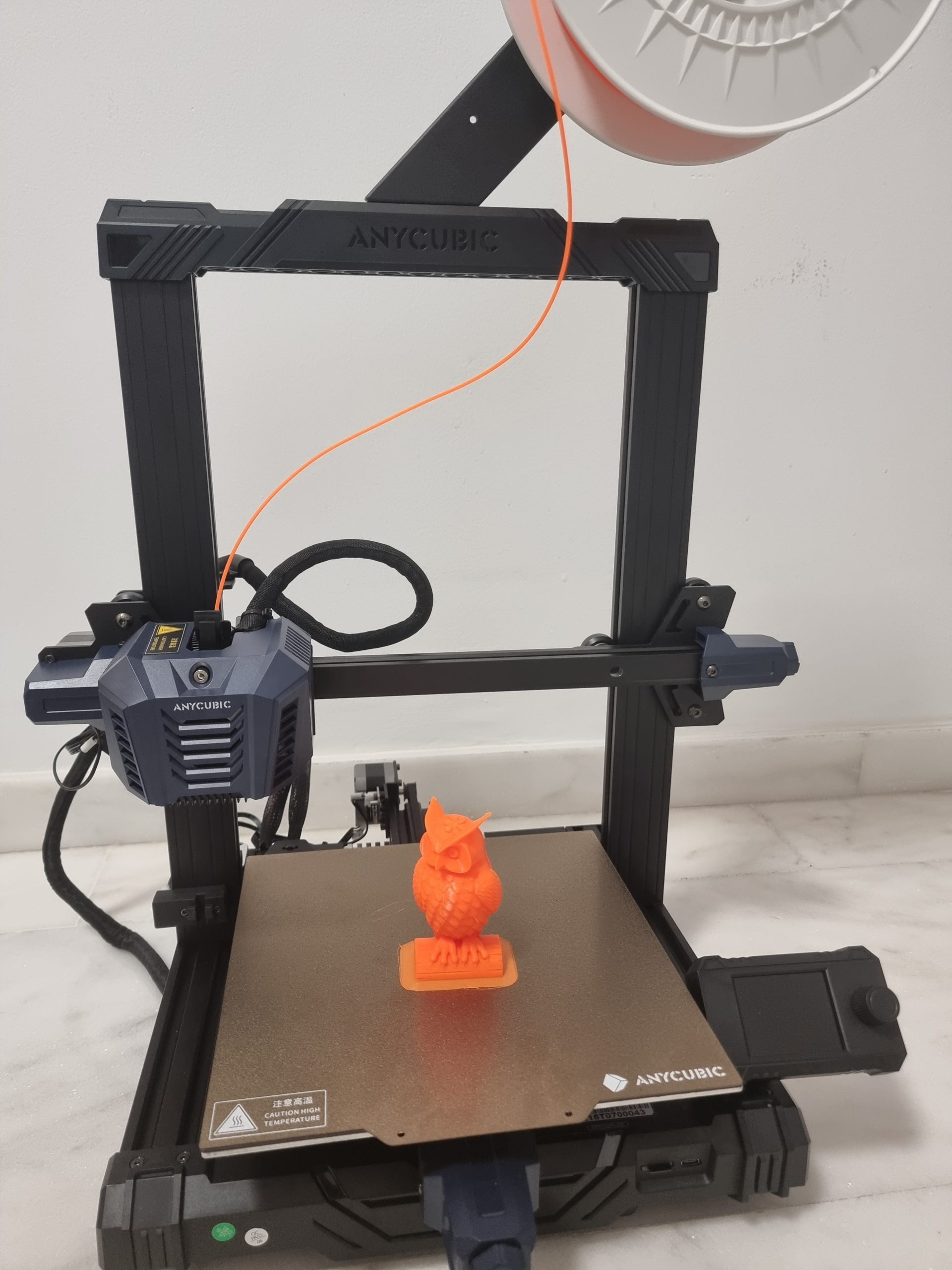
Ray Kurzweil says he hears people say that AI withered in the 1980s, which he compares to “insisting that the Internet died in the dot-com bust of the early 2000s.”įirst, stop thinking of robots. At the same time, it makes it sound like a pop concept from the past that never came to fruition. John McCarthy, who coined the term “artificial intelligence” in 1956, complained, “As soon as it works, no one calls it AI anymore.” Because of this phenomenon, AI often sounds more like a mythical future prediction than a reality. “AI” refers to all of these things, which is confusing.ģ) We use AI all the time in our daily lives, but we often don’t realize it’s AI. It ranges from your phone’s calculator to self-driving cars to something in the future that might change the world dramatically. Those are fiction, as are the robot characters, so it makes AI sound a little fictional to us.Ģ) “AI” is a broad topic. There are three reasons a lot of people are confused about the term “AI”:ġ) We associate AI with movies.

If you’re like me, you used to think artificial intelligence was a silly sci-fi concept, but lately you’ve been hearing it mentioned by serious people, and you don’t quite get it. “We are on the edge of change comparable to the rise of human life on Earth.” If many of the experts are correct, this will either be our greatest dream or our worst nightmare. The AI Revolution: The Road to SuperintelligenceĪrtificial superintelligence is coming, probably whether we like it or not, and probably within our lifetimes. Some of the activities computers with artificial intelligence are designed for include:


In Summary, Artificial intelligence (AI) is an area of computer science that emphasizes the creation of intelligent machines that work and react like humans. Colloquially, the term “artificial intelligence” is applied when a machine mimics “cognitive” functions that humans associate with other human minds, such as “learning” and “problem solving”. More in detail, Kaplan and Haenlein define AI as “a system’s ability to correctly interpret external data, to learn from such data, and to use those learnings to achieve specific goals and tasks through flexible adaptation”. Computer science defines AI research as the study of “intelligent agents”: any device that perceives its environment and takes actions that maximize its chance of successfully achieving its goals. In computer science, artificial intelligence (AI), sometimes called machine intelligence, is intelligence demonstrated by machines, in contrast to the natural intelligence displayed by humans and other animals.


 0 kommentar(er)
0 kommentar(er)
